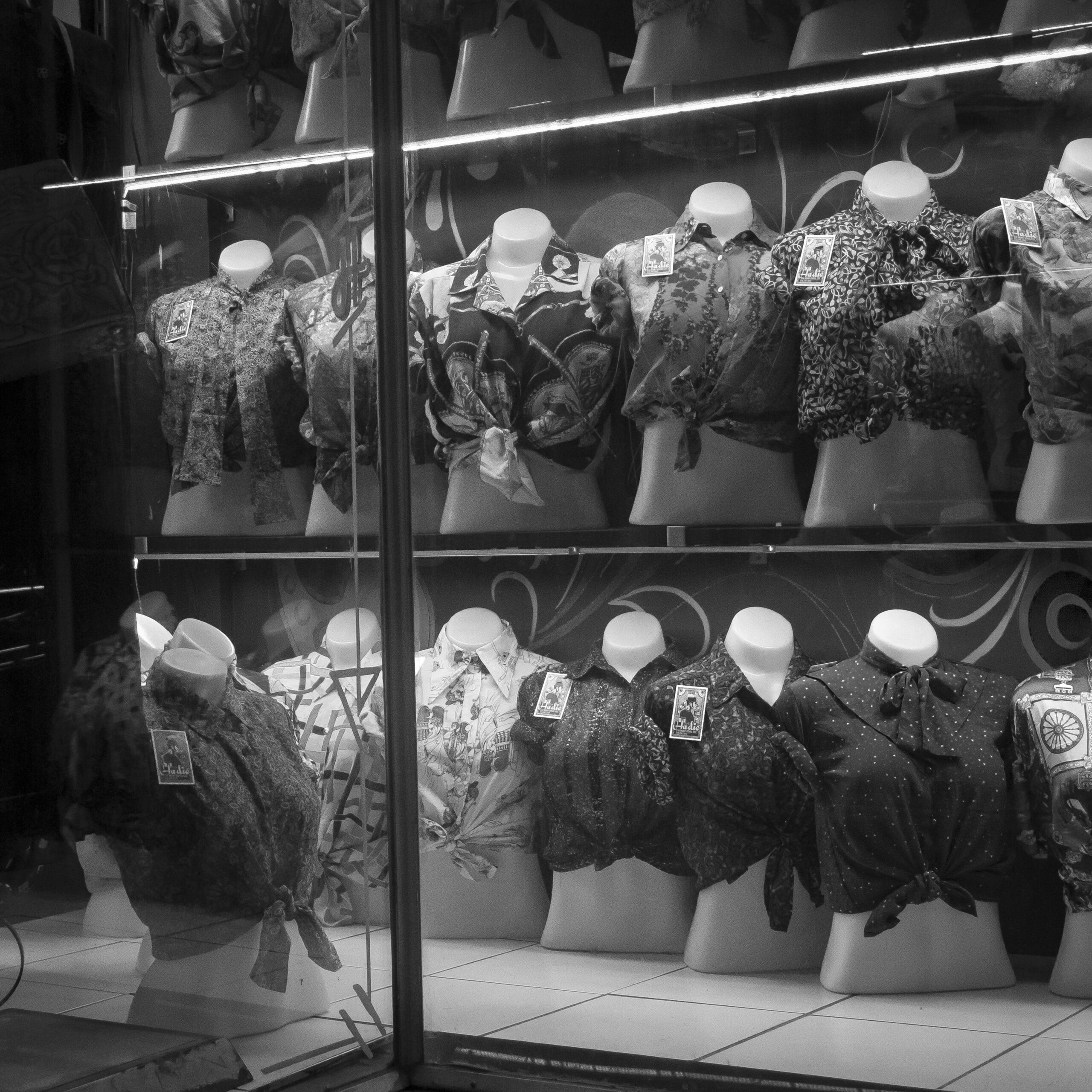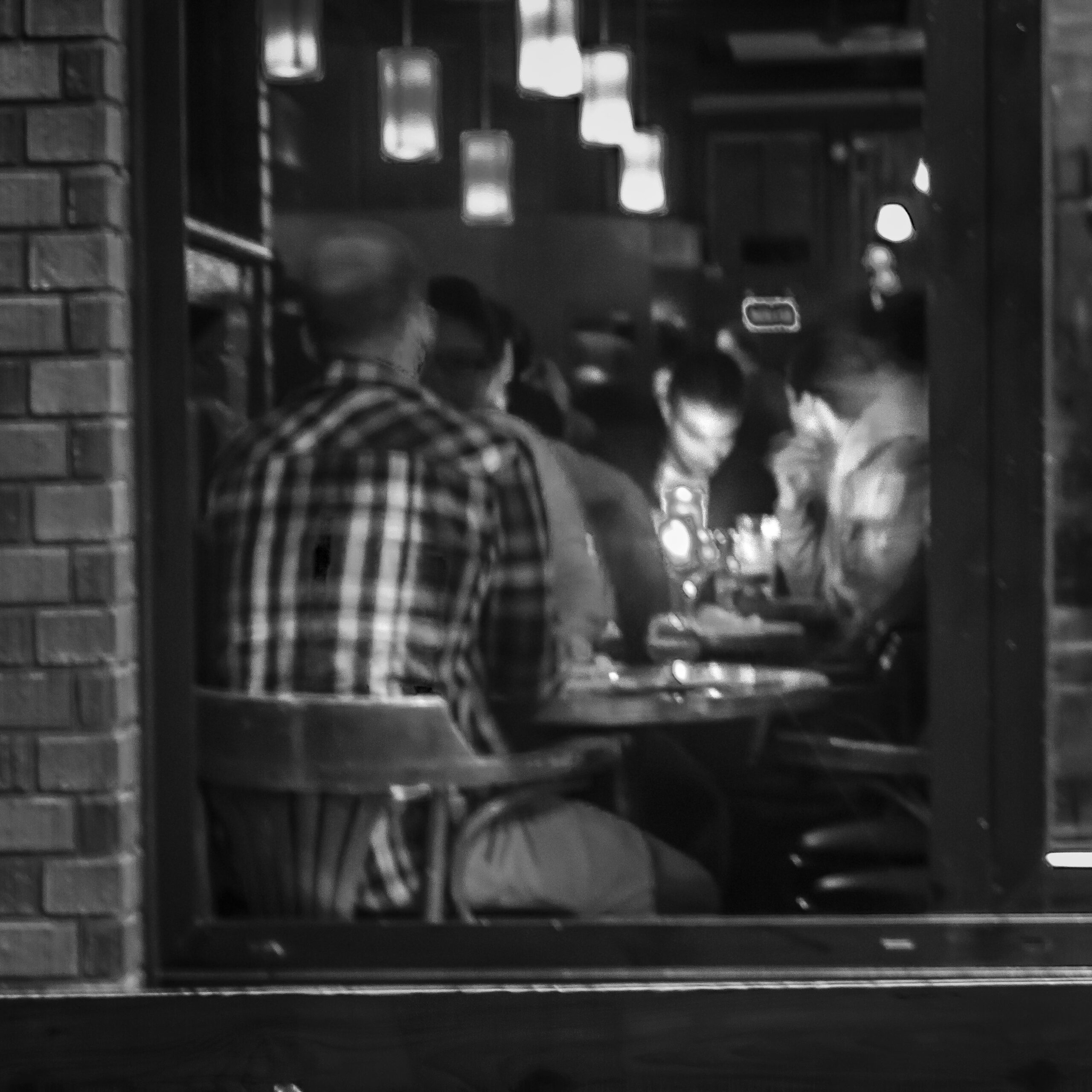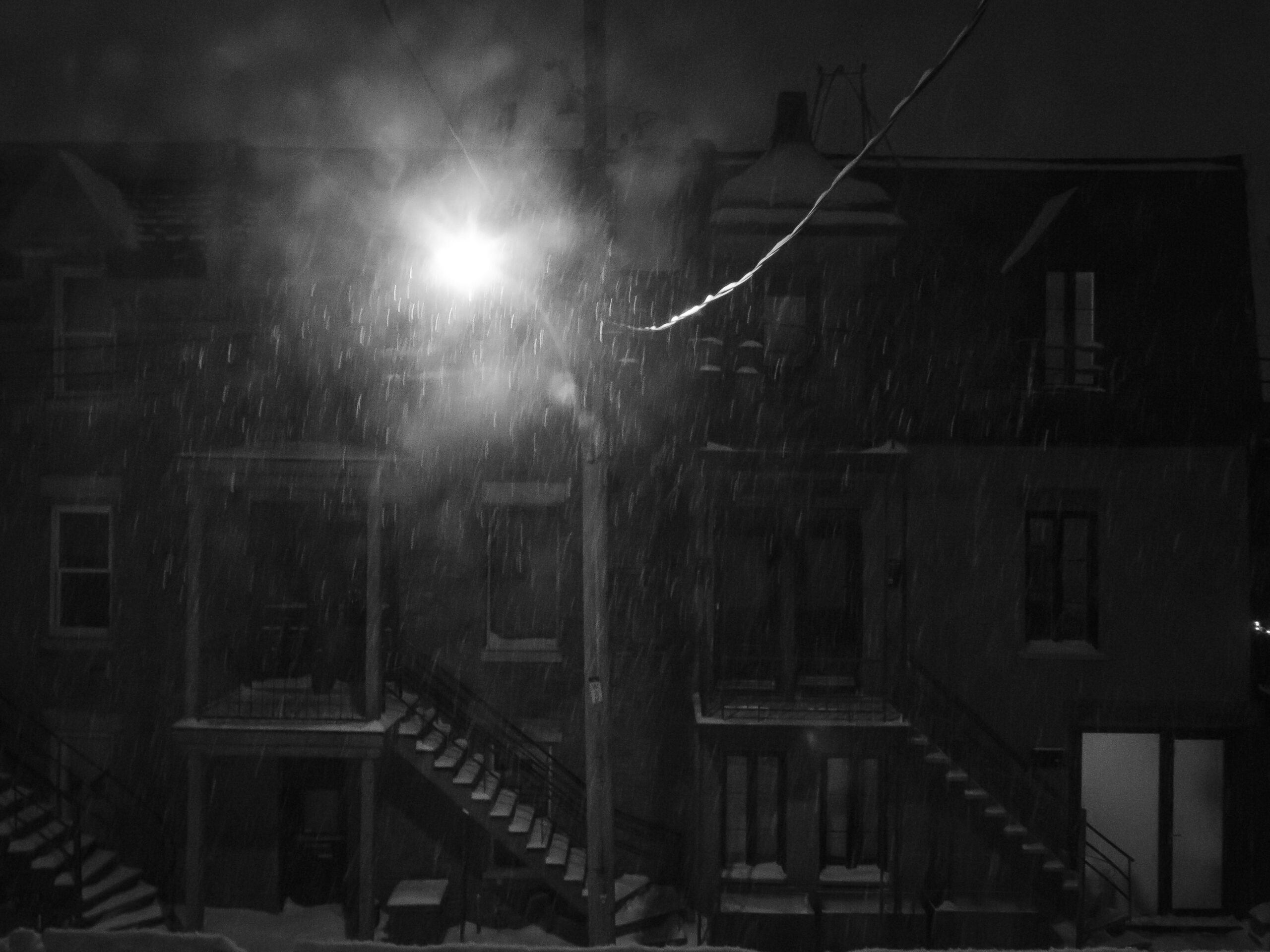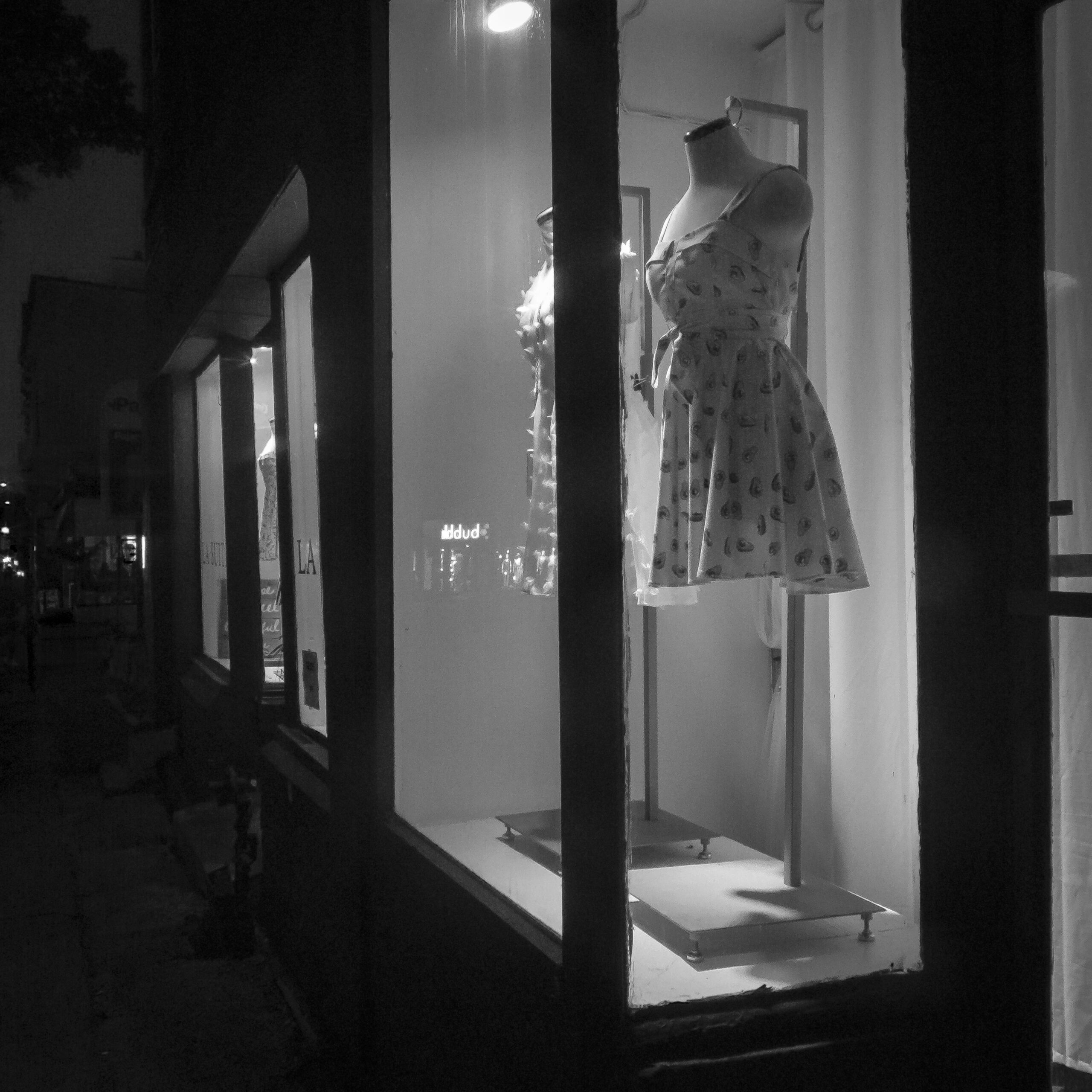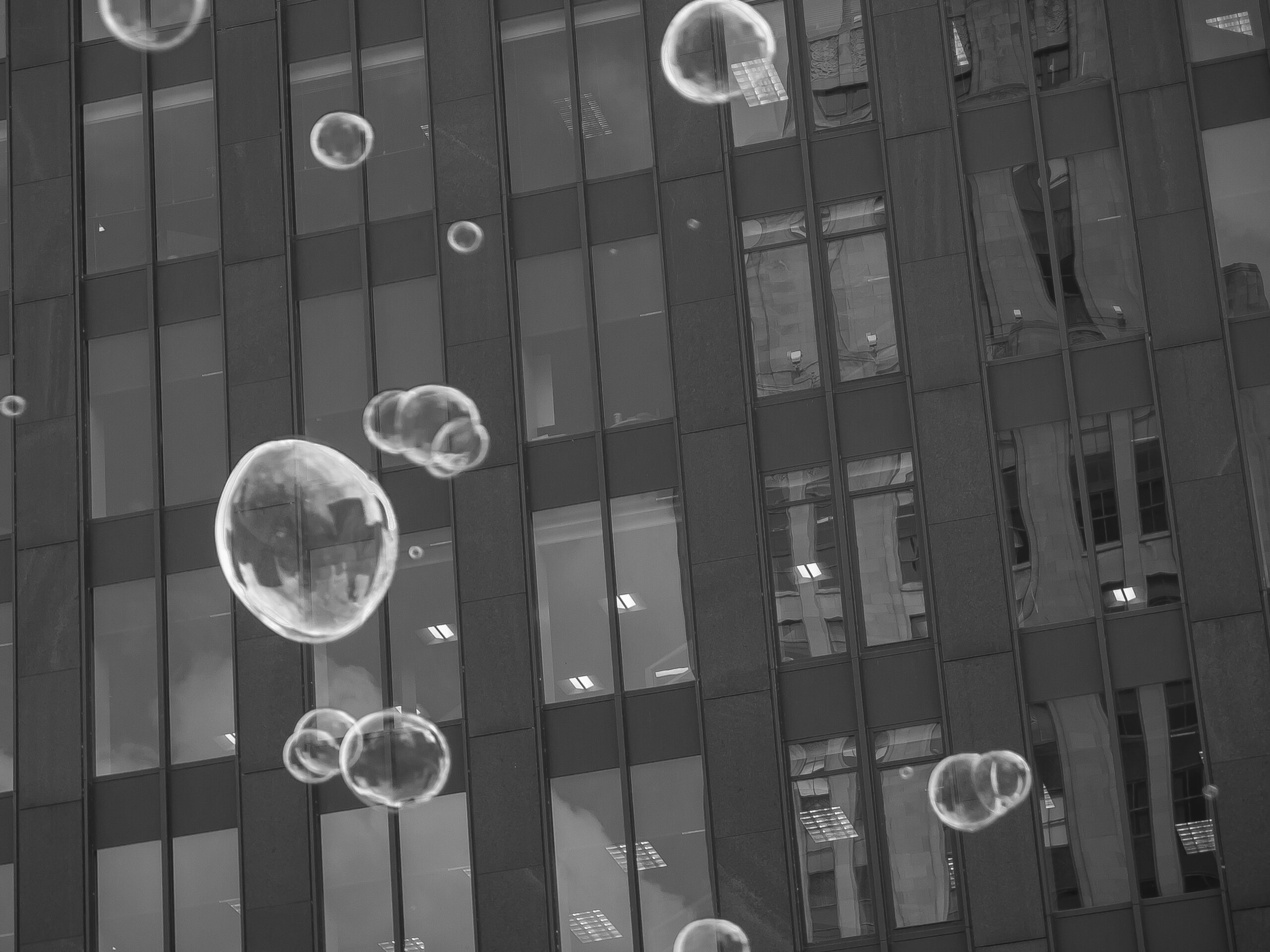After we learned to live with the plague, we learned to survive without the city’s darkness, thanks to the curfew. It is clear what we have lost in this pandemic: lives, loved ones, health, jobs, businesses, fearlessness, spontaneity, the gift of company, culture, simplicity, reasonably priced food, and affordable resources. What we lost in the curfew was just as prized and worth invoking.
When Langston Hughes writes that he is “Black like the night is Black,” he tacitly compares White skin to day and suggests that both day and night are complementary and essential, not superior and inferior or in a relationship of enmity. There is no day without night, no night without day, yet for months we lived in the eternal light of the sun and LED bulbs as if the coronavirus lurked in the starker nocturnal shadows of a cruder mind when it was just as prevalent during the day in schools, factories, posh and humbler shops, planes, metros and buses.
What I lost in the curfew was poetry without charge, the velvet hush of a foggy evening, the dreams and fertile night/mares dusk summons forth, the fading warmth of defeated humanity in bars, the silent magic of that first snow falling against the glare of a streetlight, the defiant life of mannequins in shop windows, inspiring us into desire and resistance.
Darkness matters; it is in cooling, sensual obscurity that we grow resilient against the glare and assault of aggressive light. It is in the freedom of nightfall that we imagine better days.
Photos © Marie Thérèse Blanc (all photos taken pre-curfew)
